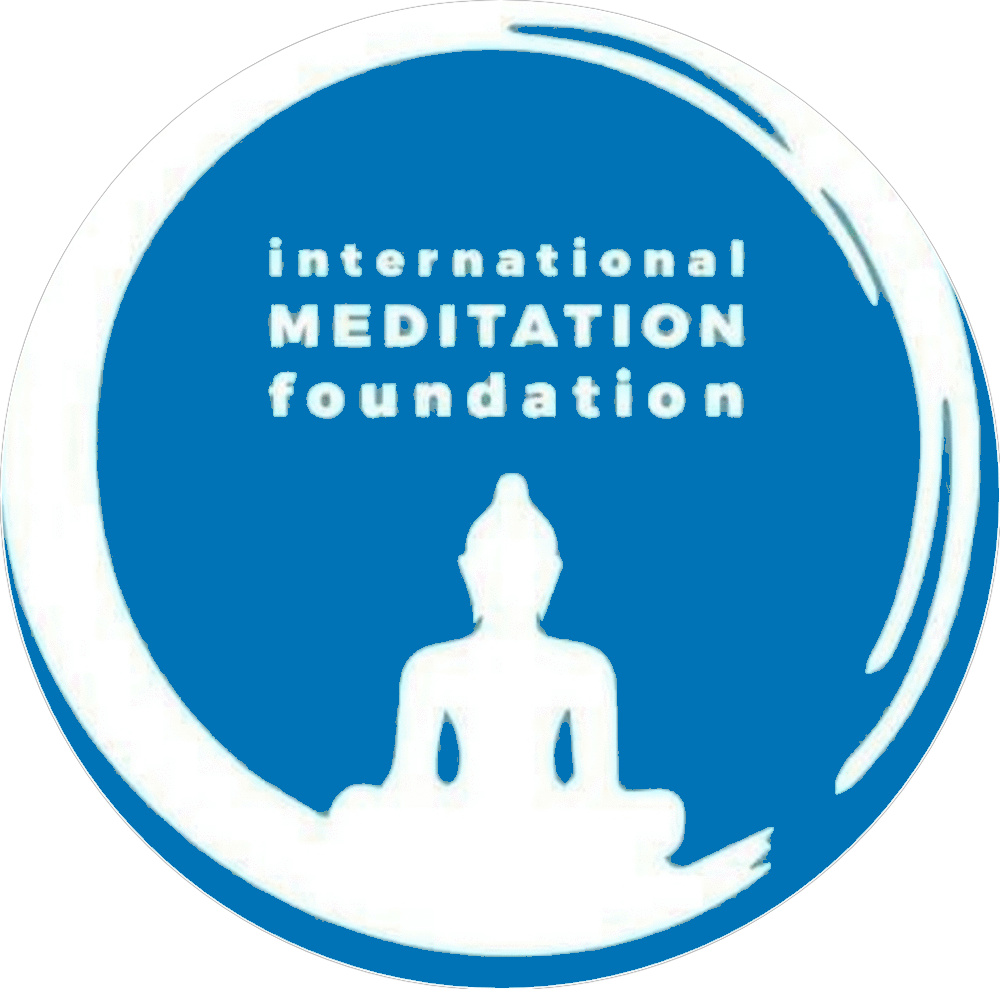#58 Ha- The Sound of Breath Meditation
With mouth wide open, throw the tongue upwards to the center of the palate. Fix attention on the middle of the tongue, and feel the sound Ha being uttered there. Then, one will be dissolved in Peace.Verse 81, Vigyan Bhairava tantra
How to do this techinque
- For this practice, keep the mouth open.
- It should not be so wide open that one becomes uncomfortable.
- Now lift the tongue upwards and backward, so that it touches the roof of the mouth, the palate.
- Place your awareness on the middle of the tongue and feel the sound ha being uttered there.
- The sound ha is the sound of a particular Sanskrit alphabet. It is pronounced more like hh. In this posture, you will feel this sound when you breathe in and you will feel this sound when you breathe out.
- After a while, the tongue may feel tired.
- You should lower the tongue for a short period, and then raise it again and resume the practice.
Ha/Hh- The Sound of Breath

The sound hh is not a sound that is to be uttered out loud. It is a sound that is to be felt. It is a natural sound – it is the sound of your breath. This is a sitting meditation, to be done with eyes closed. Listening to the sound of one’s breath is a very important meditation. It is a natural way of focussing and stilling the mind. The practice of listening to one’s breath is dealt with later in the text.
The meditation given in this verse is a variation of that practice. Normally our inbreath makes a particular sound and our out-breath makes a different sound. In this particular meditation, because the mouth is open and the tongue is raised to touch the palate, the sound hh is heard with the breath as well as the out-breath. The breath is the most natural rhythm of the body. It continues spontaneously throughout our life. Focussing on the sound of our breath immediately calms our minds. It is a natural rhythm, which the mind is attracted to, and easily absorbed in. When you practice this meditation, you will find yourself becoming calm and peaceful very quickly. If you are ever tense or upset or angry in your life, listen to the sound of your breath. It will have an immediate calming effect on you. It is possible to be aware of the sound of the breath for long periods, without any thought disturbing you. If you find it difficult to remain aware during any other meditation (thoughts keep disturbing you), try the practice given in this verse. Or better still, just listen to the sound of your breath (described in Verses 1 54-1 56). You will not be disappointed with the progress you achieve
